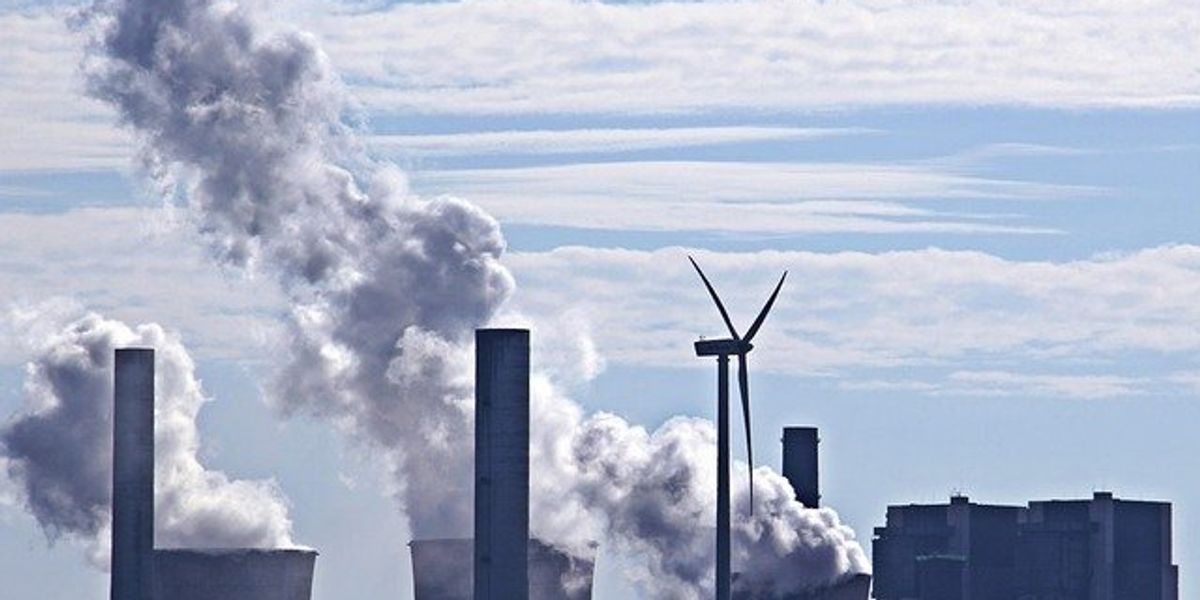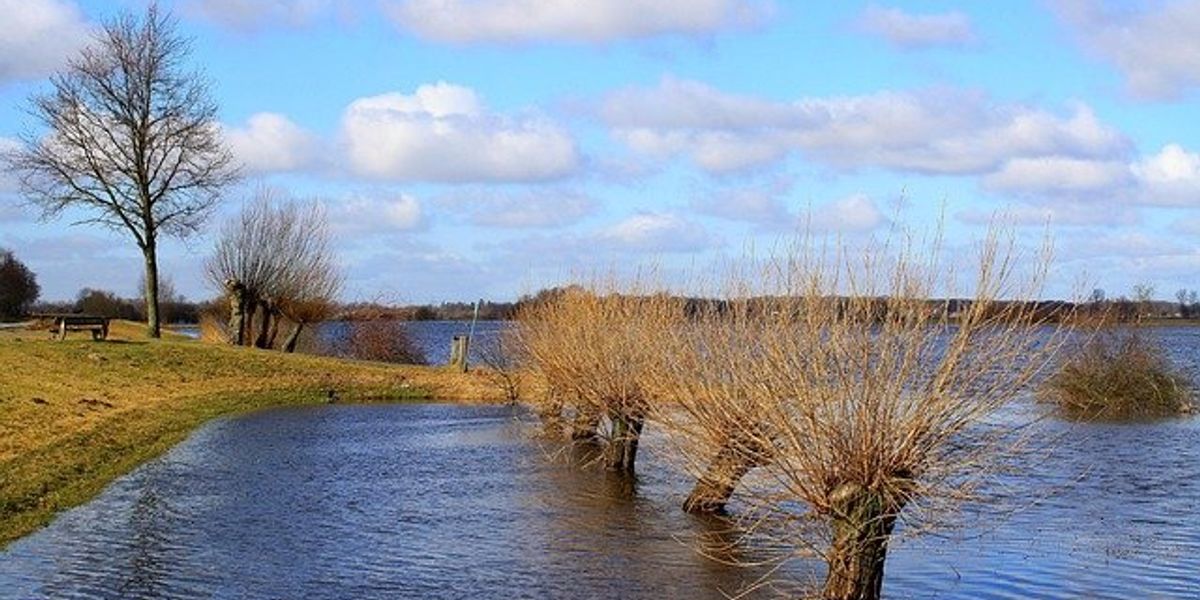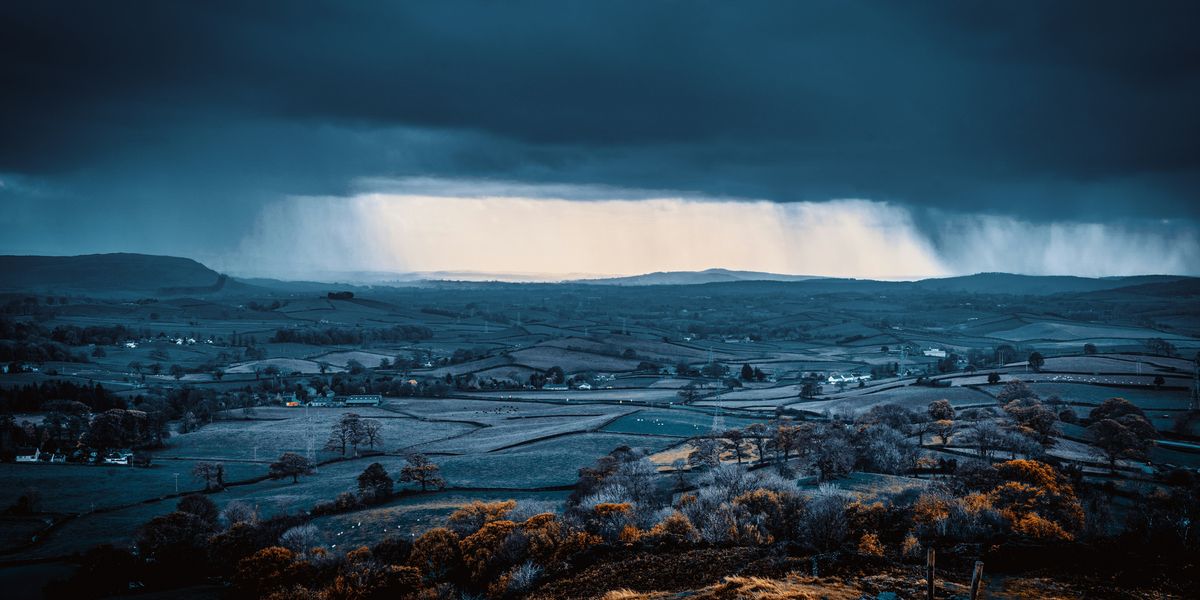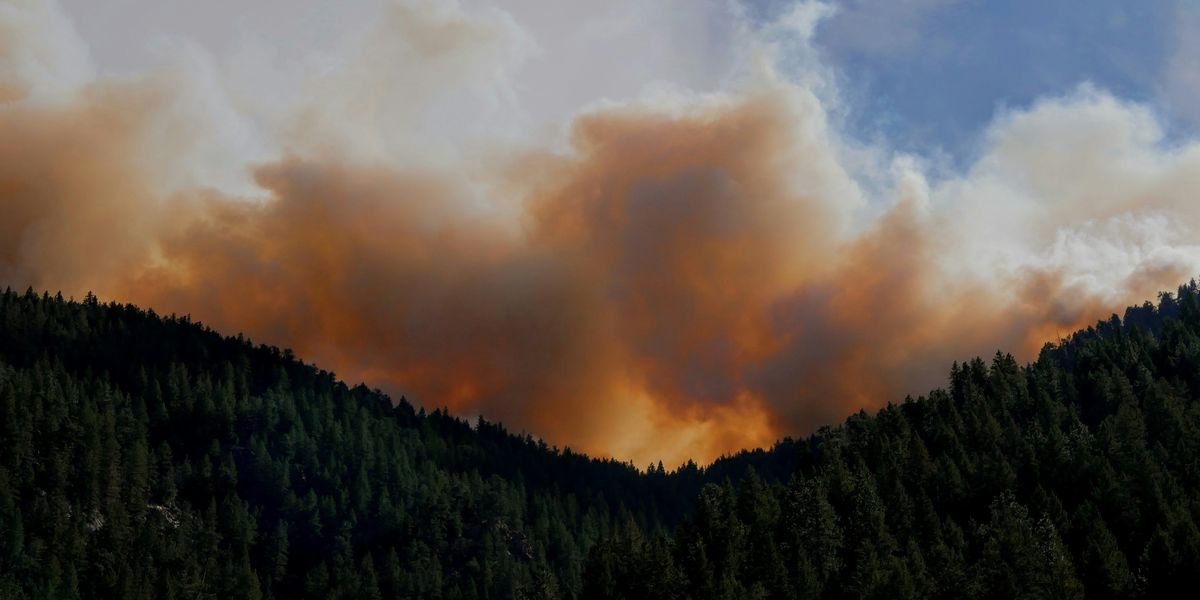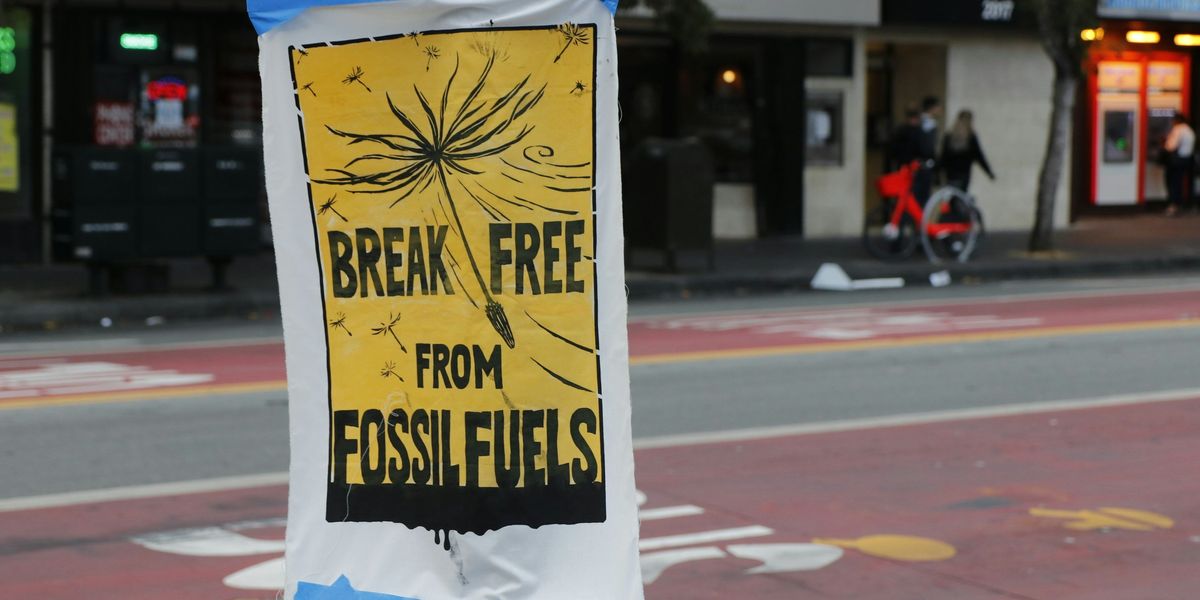deforestation
The Inflation Reduction Act’s green energy promise is putting Black communities at risk
A proposed tax credit for biomass energy plants could accelerate pollution in Black communities in the rural South, where forests are already being depleted for European energy demands.
In short:
- Biomass plants, which burn wood pellets for energy, emit carcinogens and other pollutants, disproportionately affecting Black and low-income communities.
- The proposed tax credit could subsidize biomass facilities, despite evidence that these plants are more harmful to the environment than coal.
- Over a million acres of forests in the rural South are being cleared for biomass production, worsening health and environmental outcomes for local residents.
Key quote:
"Ultimately, we’re killing the Earth and each other. It’s a false climate solution that leaves Black and brown communities still bearing the brunt of the damage."
— Treva Gear, Georgia activist
Why this matters:
Communities like Adel, Georgia are left with the pollution, loss of green space and the destruction of the very forests we depend on to capture carbon. It’s an ironic twist—clean energy for Europe, while Black communities in the South bear the brunt of the damage. Read more: How Europe’s wood pellet appetite worsens environmental racism in the US South.
Brazil urges EU to delay new deforestation law
Brazil has asked the European Union to postpone the implementation of its new deforestation law, which could negatively impact exports of agricultural products.
In short:
- Brazil's government has formally requested the EU delay its deforestation-free regulation (EUDR) to prevent disruptions in trade.
- The law, passed in 2022, bans imports of goods linked to deforestation and could affect around 30% of Brazil's exports to the EU, especially soy, beef and coffee.
- Brazil argues that the law unfairly targets forested countries and would increase costs for exporters.
Key quote:
"We consider the EUDR to be a unilateral and punitive instrument that ignores national laws on combating deforestation."
— Brazilian ministers of agriculture and foreign affairs
Why this matters:
The EU's deforestation law could hurt Brazil's agricultural economy, but it is aimed at reducing global deforestation. Brazil's resistance highlights the tension between environmental policy and economic interests.
Related: EU’s new climate change plan will cause biodiversity loss and deforestation: Analysis
The Ashaninka’s cultural revival is reshaping the Amazon region
The Ashaninka tribe, once displaced by deforestation and cattle farming, has restored its territory and is now leading efforts to expand its land management strategies across 12 Indigenous territories in the Amazon.
Fabiano Maisonnave and Jorge Saenz report for the Associated Press.
In short:
- The Ashaninka people are using their successful reforestation and self-sufficiency model to help 12 Indigenous territories across 1.6 million acres of Amazon rainforest.
- Supported by $6.8 million from the Amazon Fund, their efforts focus on food production, cultural preservation and forest surveillance.
- The project emphasizes working with neighboring Indigenous and non-Indigenous communities to create regional cooperation for forest protection.
Key quote:
“The culprits for this live far from us. But if we start pointing fingers, we’ll waste a lot of energy and solve nothing. Instead, we’re focusing on adaptation.”
— Francisco Piyãko, OPIRJ leader
Why this matters:
As deforestation drives climate change, the Ashaninka are showing the world that preserving biodiversity isn’t just possible—it’s essential. This effort isn't only about the trees; it's about cultural survival, feeding their people and using their deep connection to the land to ensure its future. Read more: The planet’s largest ecosystems could collapse faster than we thought.
Brazil faces unprecedented drought with wildfires spreading in key areas
Brazil is facing its most widespread and severe drought in over 70 years, with vast areas experiencing wildfires and river levels dropping to historic lows.
In short:
- 59% of Brazil is suffering from drought, with the Amazon and major rivers hitting record low water levels.
- Uncontrolled wildfires, fueled by manmade causes, have ravaged areas including national parks, worsening air quality across regions like Sao Paulo.
- Indigenous communities in drought-hit areas lack clean water and food as rivers dry up and crops fail.
Key quote:
“This used to be the Amazon River. Now it’s a desert. If things get worse, our people will disappear. Now we are realizing the severity of climate change.”
— Myrian Tikuna, local leader
Why this matters:
The drought and wildfires are devastating Brazil's ecosystems and threatening the lives of its Indigenous populations. Climate change and deforestation are intensifying these environmental crises, which could have lasting global impacts.
For more: Climate change will continue to widen gaps in food security, new study finds
Mining will remain dominant in the Pan Amazon for decades
Governments in Brazil, Peru and Ecuador are increasingly dependent on extractive industries like mining to support local economies, despite growing opposition from environmentalists and social advocates.
In short:
- The Pan Amazon region relies heavily on mining, especially in areas like Brazil's Carajás Mining District, where the industry dominates local economies.
- Regulatory challenges include balancing corporate interests with the rights of Indigenous communities through Free, Prior and Informed Consent (FPIC).
- Environmental, Social and Governance (ESG) standards are shaping the future of mining, but enforcement remains uneven across public and private companies.
Key quote:
“The full impact of FPIC on the regulatory process is still unfolding.”
— Timothy J. Killeen, author
Why this matters:
Mining's expansion threatens ecosystems and Indigenous rights. Long-term economic dependence on these industries complicates efforts to regulate environmental and social impacts, posing risks for the region's future sustainability.
Slaughterhouses ordered to pay for deforestation in Brazil’s Amazon
A Brazilian judge has ordered two beef slaughterhouses and three ranchers to pay $764,000 for contributing to deforestation in a protected Amazon rainforest area.
In short:
- Two slaughterhouses, Distriboi and Frigon, were found guilty of buying cattle from illegally deforested land in Rondonia’s Jaci-Parana reserve.
- The $764,000 penalty includes $453,000 for reforesting 232 hectares of land that was converted to pasture.
- This case is one of several lawsuits seeking damages from companies involved in the illegal cattle trade in the Amazon.
Key quote:
“When a slaughterhouse, whether by negligence or intent, buys and resells products from invaded and illegally deforested reserves, it is clear that it is directly benefiting from these illegal activities.”
— Judge Inês Moreira da Costa
Why this matters:
The Amazon is vital for global climate regulation, and deforestation driven by cattle farming threatens its survival. Legal action against companies involved in illegal deforestation is crucial for protecting this essential ecosystem.
Are Mennonite colonies in the Amazon worsening deforestation?
Mennonite communities establishing new colonies in the Peruvian Amazon are contributing to deforestation as they clear land for farming, prompting investigations by authorities.
In short:
- Mennonite colonies have expanded in the Amazon, clearing forested areas for agriculture and settlement.
- Peruvian authorities are investigating the colonies for illegal deforestation, though the Mennonites deny wrongdoing.
- Environmentalists worry these settlements exacerbate the already critical deforestation in the Amazon rainforest.
Key quote:
"Every colony clears the forest a little bit, but it’s very little... The forest is big."
— Peter Dyck, farmer from Belize and leader of the Providencia colony
Why this matters:
The deforestation caused by Mennonite colonies adds to the Amazon's environmental degradation, which threatens global climate stability. Addressing these practices is crucial to preserving the Amazon's role in absorbing carbon emissions.
Related EHN coverage:












